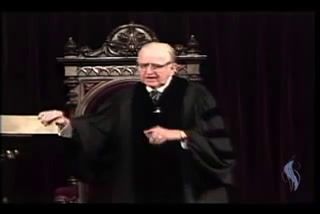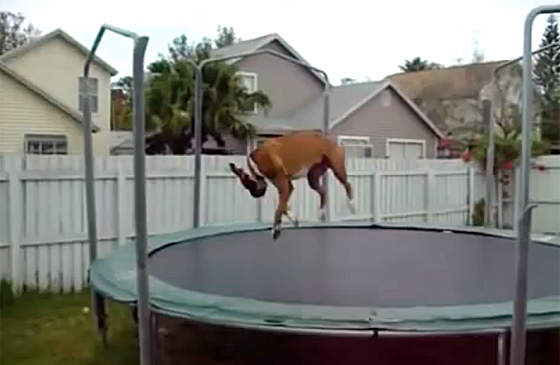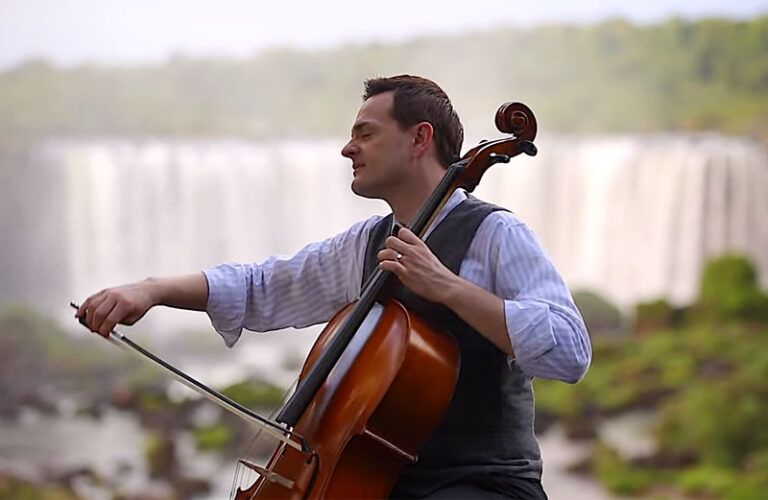
3 Ways to Overcome Loneliness
Roberta Messner shares how faith and her prayer life provide support and a connection to those around her.
View Transcript
Hi Guideposts, I’m Roberta Messner. One of the tendencies when we feel lonely or isolated is to just retreat into ourselves and really create a prison of loneliness. And a lot of times people want to help us, they offer, they call, they want us to go out to dinner or have an outing with them, but when we get lonely, we get depressed. It’s a vicious cycle of hopelessness sometimes, and we feel like those people really don’t want to spend time with us.
I think the biggest thing is just to believe in people and believe in yourself, believe that you’re worthy, that they do want to spend time with you, and go and have a good time.
Well, it is hard to engage with strangers, especially when you feel different and very much alone. And you know, my mother had the perfect solution for that, when I was a young teen and was diagnosed with the neurological condition neurofibromatosis, it was just a life sentence really without mercy, but you know, we went to the Cleveland Clinic for treatment and when we went there, my mother, a teacher–you know, she knew I wanted to be a nurse someday, which seemed like such an unrealistic goal. But one day we were sitting in one of those waiting rooms and she said, “You know what, I want to give you an assignment. I want you to interview one person in each of these waiting rooms and ask them what their nurse did that made a difference.”
Well, Mom was right. I started talking to people and I met a lady with cancer, a man with chronic lung disease, a boy about my age who’d lost his leg to cancer, to bone cancer, and in that shared suffering, I learned for the first time that life wasn’t limited to what I suffered from. There were all kinds of human suffering, and that opened me up to the power of strangers. Of course, they didn’t stay strangers for long; they became friends, and there was great power in those relationships.
People want to care. I think that’s an important thing to really, really believe when you’re lonely, is that people want to love you.
A lot of times when patients get a new diagnosis, particularly, there’s a lot of denial going on and when a nurse or other healthcare provider suggests a support group, there’s natural resistance.
In learning to be with other people with a shared problem, there is just tremendous strength, and I would recommend that to anyone that’s really suffering from loneliness.
God seems very far away when we’re lonely, and we want to believe that He’s there, but so many times He doesn’t seem close at all. When we’re feeling good during periods of illness and pain, you know, it’s easy to not really pray that much and to kind of go on and enjoy life, but you know, loneliness has an added gift, because when you’re really struck and all you’ve got is your own inner resources, you do reach out to God more, and when you do, He’s always there.
I began to really try to listen for God’s voice, it was just that very quiet inner knowing that someone was with me and cared about me, and I heard that scripture in my spirit, “Roberta, I will never leave you or forsake you, never.” And I believed that in that moment, and I just took Him at His word and I found that in that period of my very deepest loneliness in life, that I got a closeness with God that I had never had before, and He will be there for you as well, no matter what you’re feeling, no matter how lonely you become.










